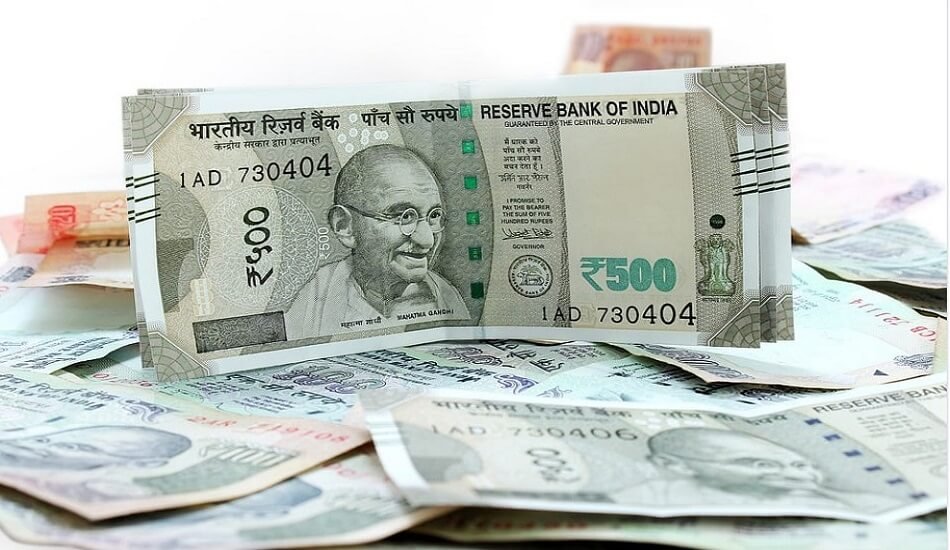Agri-tech firms want Union Budget 2023-24 to boost capital flows, support R&D
In the next Union Budget (2023–24), people in the Agritech industry will ask the government to take steps to improve the flow of capital and speed up private research and development to help the industry’s businesses.
Karthik Jayaraman, Co-Founder, and MD of WayCool Foods, believes that the government should use incentives to guarantee that capital, both domestic and international, flows into sectors of national importance such as food and agriculture. He proposed that the government consider a tailored LTCG Tax for sectors of national importance.
Related Agri News | Agritech start-up FarMart raised ₹244 crore in Series B round led by General Catalyst
Even though the government has made agriculture a priority and made low-cost debt funding available for this industry, it has been hard for most institutions to manage this because agriculture is so broken up. ‘It is time we looked at food, and not only agriculture, as a priority area. This means that anyone who makes, sells, processes, stores, transports, or sells food in a store will be able to get a priority sector credit for both creating assets and getting working capital. By making it easier for the whole value chain, especially the forward supply chain, to get money at lower rates, the government could do a lot to encourage formalization and the use of better technology in business. This will also make it easier for lenders to work with and secure loans because organized players are easier to work with. While substantial subsidies are available in this industry, including the PLI scheme for food processing, the above decision ‘may enable investments in this area to be made much more effectively, effortlessly, and quickly,’ Jayaraman added.
‘The Budget should award tax exemptions and give monetary incentives such as subsidized credit facilities, and interest rate subventions to Agritech firms,’ said Amith Agarwal, Co-founder, and CEO of Agribazaar. Such a measure will go a long way toward helping corporations achieve their business goal of creating a more resilient Agri-ecosystem. Furthermore, the government should establish a specialized framework of growth-oriented regulations for the Agritech industry, encouraging Agri-preneurs to bridge infrastructure and supply chain gaps by constructing facilities, investing in storage infrastructure, and providing last-mile connectivity.’
Sops are required
Mark Kahn, the managing partner of Omnivore, says that the Yellow Revolution needs to start up again so that India can make its own edible oil. For farmers to switch to oilseed farming, the government must dramatically increase the amount of land used for crops while also making it easier for processing infrastructure and services to help farmers grow more. Also, if the government wants to reach its goal of doubling farmer income, it needs to increase agricultural exports. This means that agricultural export policies will need to be changed, and more money will need to be put toward building infrastructure for export-oriented processing. Finally, we believe that advancements in the agrifood life sciences are essential if we are to mitigate the effects of climate change on Indian agriculture. ‘The government may catalyze private sector R&D while also directly assisting Agritech start-ups focused on agrifood life sciences,’ Kahn said.
The CMD of Leads Connect Services, Navneet Ravikar, wants the government to get rid of the GST and mandi tax on agricultural goods imported through FPOs. ‘A universal crop insurance scheme with a 100% premium subsidy for marginal farmers with landholdings of less than 2 hectares should be launched, and a crop insurance third-party loss assessors association should be formed for technology-based yield estimation and localized claims assessment for timely and equitable claim settlement under the Pradhan Mantri Fasal Bima Yojana (PMFBY). Grants and subsidies for drones should be given to Agritech, Agrifintech, and private research companies that work in agriculture as part of different programs. The government should provide a 50% subsidy for agricultural product assaying, testing, and certification to certified food testing labs.’
Warehouse and cost-cutting measures
According to Ashok Prasad, Co-Founder & CEO of Unnati, the government may reduce rules to make it easier for the private sector to invest. ‘The government should prioritize excellent warehouse management, and increasing financial availability will help farmers protect their produce from external risks,’ he said.
Related Agri News | Agritech startup launched ‘Krishify Business Suite’ for business with farmers
According to Rajamanohar Somasundaram, Founder and CEO of Aquaconnect, favorable laws and subsidies will assist in lowering feed prices and power costs, allowing pricing to be controlled. ‘Although aquaculture poses considerable production risks, unlike farmers in agriculture, fish and shrimp farmers are yet to earn subsidies on insurance premiums. Farmers aren’t encouraged to find ways to reduce risks to their crops because doing so raises production costs a lot. ‘Government support for premia will greatly assist farmers in mitigating production risks,’ Somasundaram added.


















Add Comment